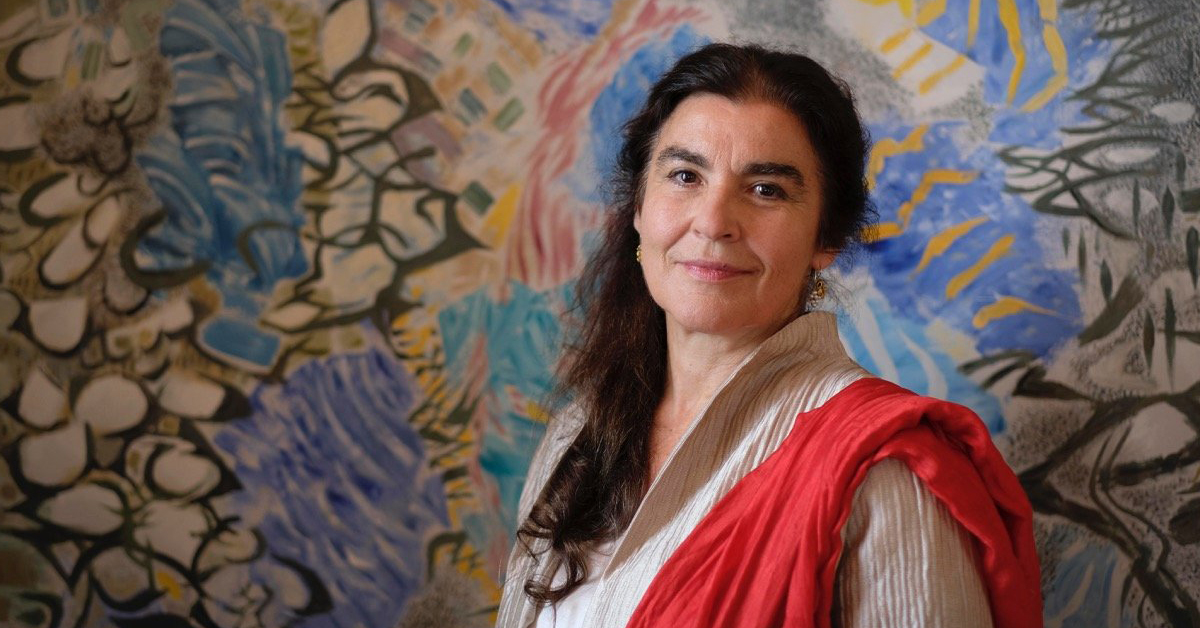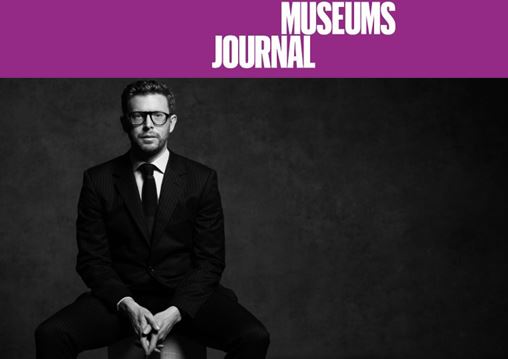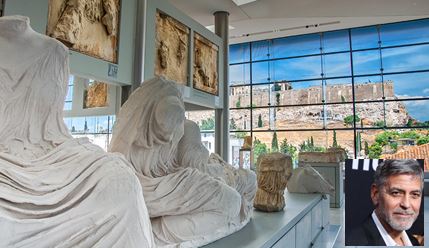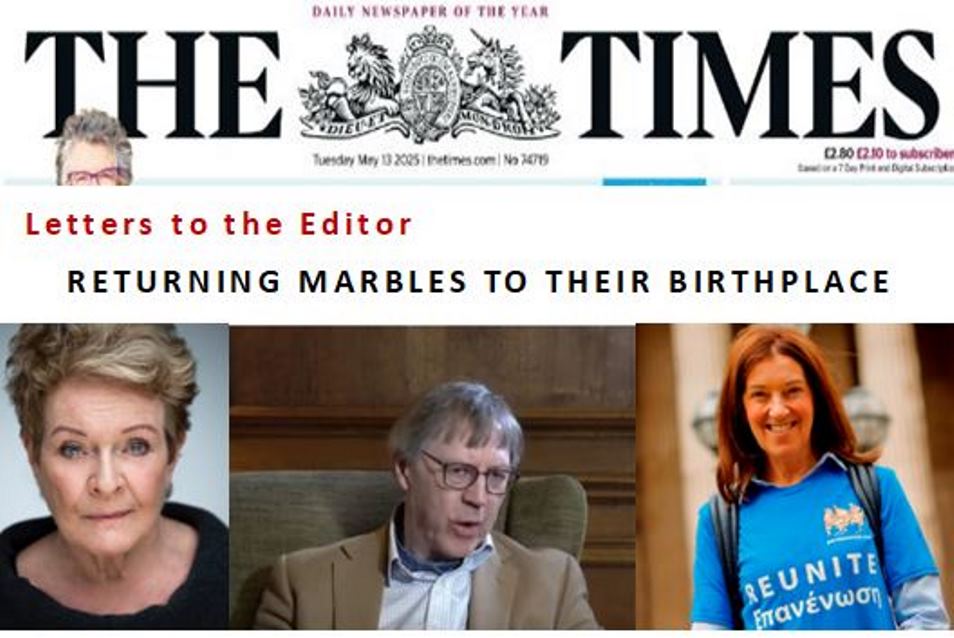Letter from Dame Janet Suzman to Jeremy Wright, Secretary of State for Digital, Culture, Media and Sport
Dear Minister,
Re: Greek Culture Minister, Lydia Koniordou's request for talks on the Parthenon Marbles
As Chair of the BCRPM, I met Lydia Koniordou in June at Kings College for the 100th anniversary of the Korais Chair and found her to be both eloquent and understanding, and I am writing to urge you to be kind enough to respond positively to her invitation to discuss the long-standing matter of the Parthenon Marbles. They mean everything to the Greek people, just as St Paul's or the dolmens of Salisbury Plain do to the English. That they embody the essential political philosophy of the West makes them even more precious to the Greeks.
Reading the Scotsman, I was heartened that you believe Britain can continue to be outward looking post Brexit and that you said that "Culture is an essential part of UK plc. British theatre and film, music and museums are why so many people visit this country, and shape how we are seen around the world." How Britain shapes its image around the world would be hugely embellished, I truly hope you will agree, if proper talks could be commenced on the wounding division of the Parthenon marbles.
The annual number of visitors to the New Acropolis Museum at Athens has grown to exceed that of the viewers of the London-based sculptures, and next June that marvellous Museum will celebrate its 10th anniversary. How wonderful it would be for it to celebrate a return of its own if a way could be found, perhaps even as a long term loan, to facilitate the reunification in Athens. The UK and the BM would be seen as the real saviours of this peerless work of art.
My Committee were pleased to note that H.M. Government commended the Museums Association for its attempts to produce new codes of ethics for the disposal of museum objects.
The sculptures currently in the British Museum are cut from part of a larger whole. "What we have we hold" is no longer an adequate policy, either for the Government or for the British Museum, above all because it smacks of residual cultural colonialism.
Dialogue will enable both Greece and the UK to look to the future with perhaps a fruitful programme of mutual loans and exchanges. Visitors from around the world would be able to appreciate the significance of the Parthenon marbles in relation to that most famous of world heritage monuments, the Parthenon which, uniquely in the ancient world, still stands. And still stands in sight of the Parthenon Gallery that should house the Marbles. The fragments in London (in some cases literal halves), are seen in Athens as plaster casts standing next to the originals, a brutal reminder that cultural co-operation has yet to find a solution on ethical and moral grounds to the question of reunification.
Yours sincerely,
Dame Janet Suzman, Chair
British Committee for the Reunification of the Parthenon Marbles






Comments powered by CComment